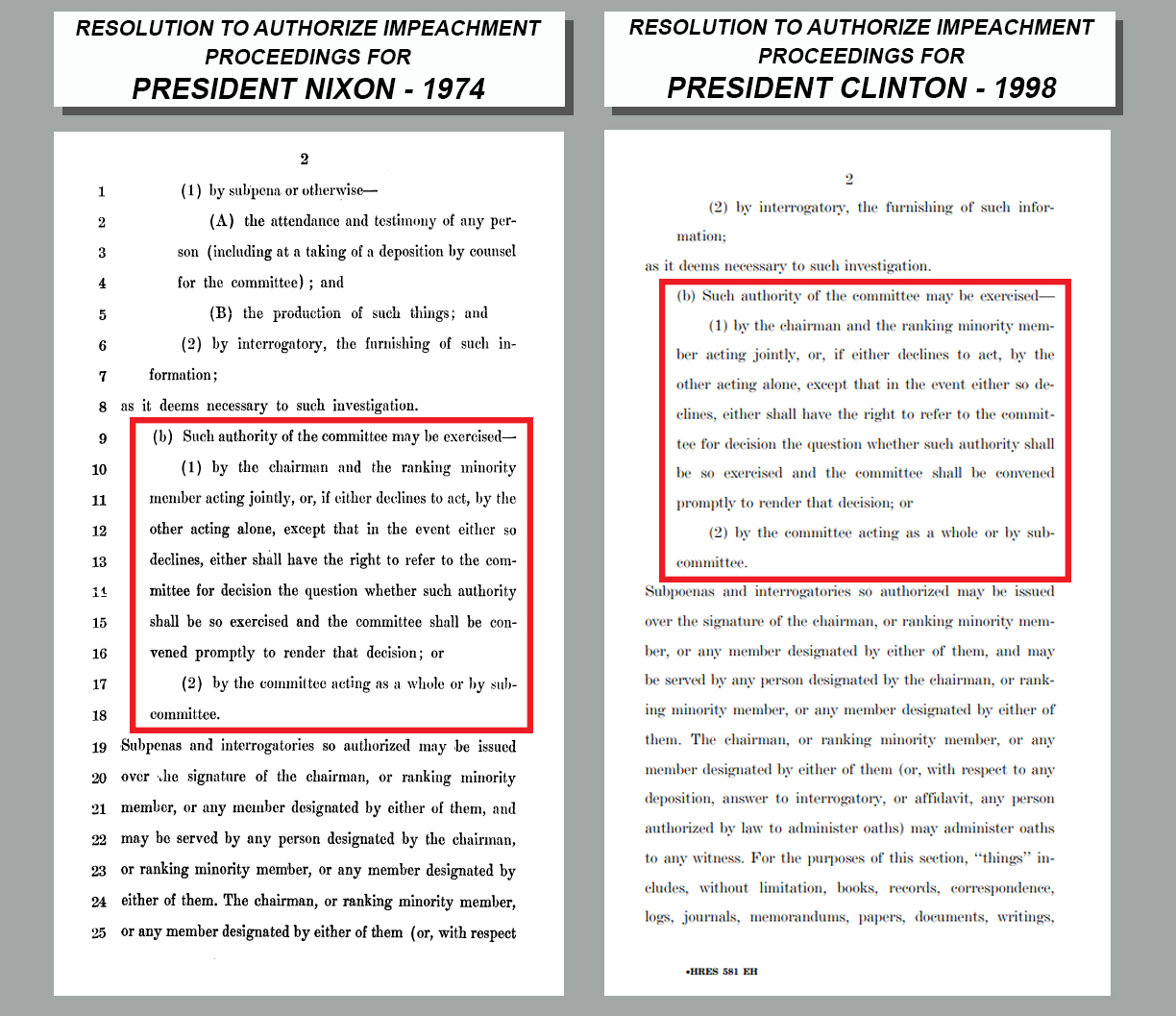WASHINGTON, D.C. —Today, Congressmen French Hill (AR-02) released the following statement after voting against the Democrat impeachment resolution:
“Speaker Pelosi announced her initial ‘impeachment inquiry’ 38 days ago. Over the last five weeks, Democrat leaders have run a secretive, partisan impeachment inquiry, hidden away from members of Congress, that is unprecedented and unfair to the central Arkansans I represent. Despite claiming that no House vote is needed, Speaker Pelosi is now trying to save face by passing a resolution that codifies her ongoing, one-sided impeachment process that lacks any semblance of due process.
“In the text of today’s resolution, Democrat leadership blatantly deviates from historical precedent by altering the language used to establish impeachment proceedings under both President Nixon in 1974 and President Clinton in 1998. During those impeachment proceedings, the process was collaborative, and the minority had equal participation.
“While Democrat leaders have obsessed over undoing the results of the 2016 election, they have completely lost sight of their responsibility to address important issues facing the American people. Instead of doubling-down on a partisan impeachment inquiry, they should work with Republicans to pass on-time government funding, reduce health care costs, and pass USMCA.”
Background:
Copied below are comparisons of the identical bill text used in the resolutions to authorize impeachment proceedings for President Nixon and President Clinton, compared to President Trump.
Clinton/Nixon: During the Clinton and Nixon impeachment proceedings, either the chair or the lead minority party representative could object to a proposed subpoena and require the full committee to vote on its issuance.
Trump: Under the Democrats' resolution, the Democrat chairman may unilaterally issue subpoenas with no check, including no public debate, while the chairman can force a debate and vote on every subpoena proposed by the lead Republicans.
Additionally, six Democrat chairs—each of whom has unilateral subpoena authority—are directed to continue the “ongoing investigations,” but only two Republicans have any semblance of subpoena authority.




